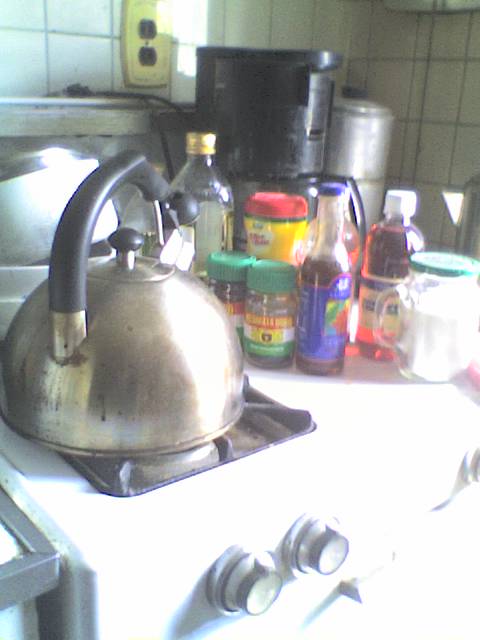Charleston, South Carolina is known for many things, but its' restaurants and dining out culture is the most famous. However something is happening to the culinary scene. Gone are the homey little eateries that celebrate Gullah and Low Country cooking. In their stead, it's more commercial and , homogenized . What happened to the charm of Southern cooking?
That's the question that Southerner herself, Kim Severson posed in yesterday's New York Times Food section. Charleston has been a place to dine since George Washington's times, a city that is defined by such dishes as she-crab soup and shrimp and grits. It could all stem from the tourist trade that the city and state furiously courted after Charleston's naval base closed in 1996. The city now had to focus on tourism to keep itself going. It worked. More than seven million (!) tourists a year crowd the charming streets, marveling over homes built in the early 1700's. Charleston becomes Manhattan on weekday nights with bacherlorettes coming out of Uber taxis, foodie tourists angling for the best tables and wide eyed cruise ship passengers dying to try the delicious food the city is known for. The crowds swell during The Charleston Food and Wine Festival which famed chef and restauranteur Nathalie Dupree helped start in 2006. Conde Nast Traveler Magazine added more fuel to the fire by listing it as one of America's best small cities. other magazines such as Southern Living and Travel & Leisure has ranked it number one place to be and to visit for several years in a row.
This has not helped local chefs who want to preserve the down home feeling of their smaller restaurants. Real estate prices go up. Small , privately owned eateries suffer because of this. Kenyatta McNeil, chef at Nana's has watched this change happen in his neighborhood. It has gone from mostly black to white along with seventy-five per cent of his business being the tourist trade. To bolster his business and other soul food institutions in downtown Charleston he started a tour called Geechee Eats Food Shuttle.It hasn't done well because black owned restaurants aren't into the commercial branding that white owned eateries are known for. Tourism has changed life in central Charleston so much that people that Chef McNeil knows have moved to the northern part of the city near Charleston International Airport.Real estate prices and crowds have also driven growth in the downtown district. Unfortunately this also means that waitstaff can't afford living there. They had to move to the cheaper suburbs and drive a distance to work. There is hope that tourism will change. The African American Museum will open in 2021 and will bring people who can trace their ancestry to the enslaved brought here. It will be a perfect canvas for restaurants that explore black food and bring back the original focus of Low Country food to the city.
Charleston is a foodie paradise, mainly thanks to its'' culinary heritage. It connects the city to its' roots and serves as a bridge to its' future. Hopefully bigger restauranteurs will realize this and try not to make its' cuisine so trendy.
Thursday, May 9, 2019
The End of Southern Charm
Subscribe to:
Post Comments (Atom)




No comments:
Post a Comment